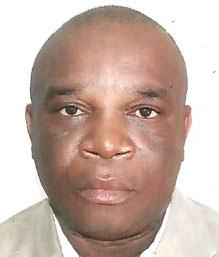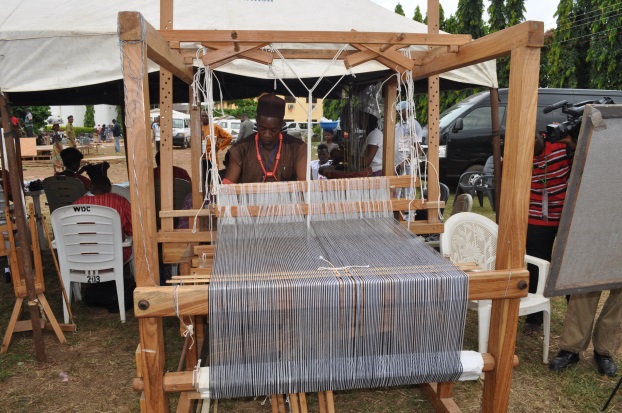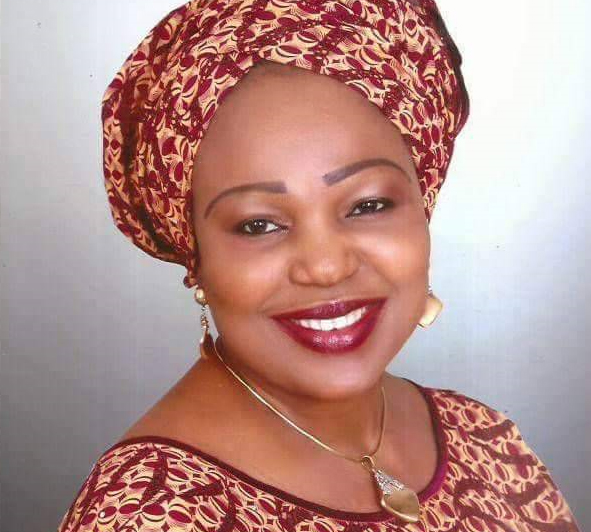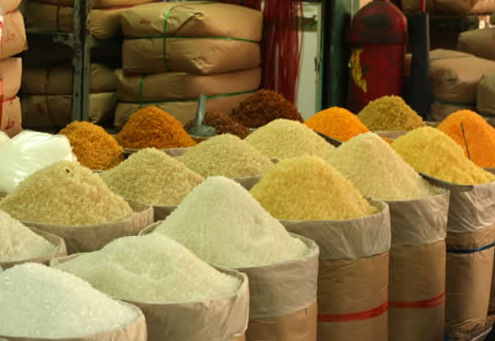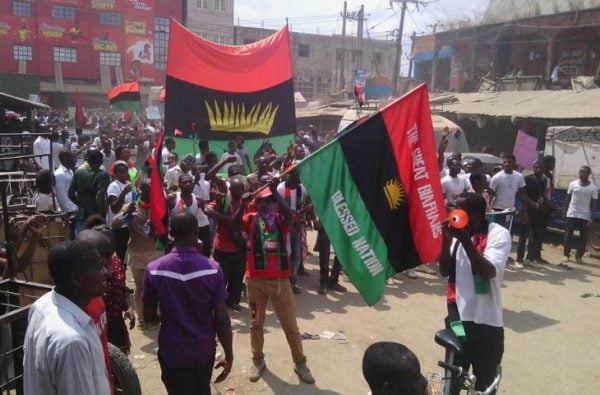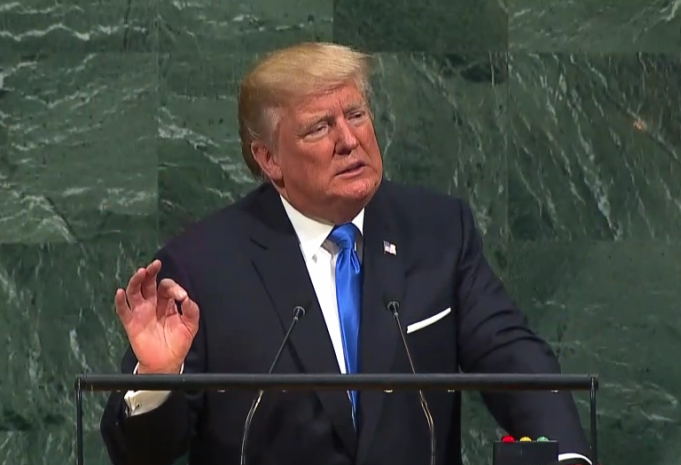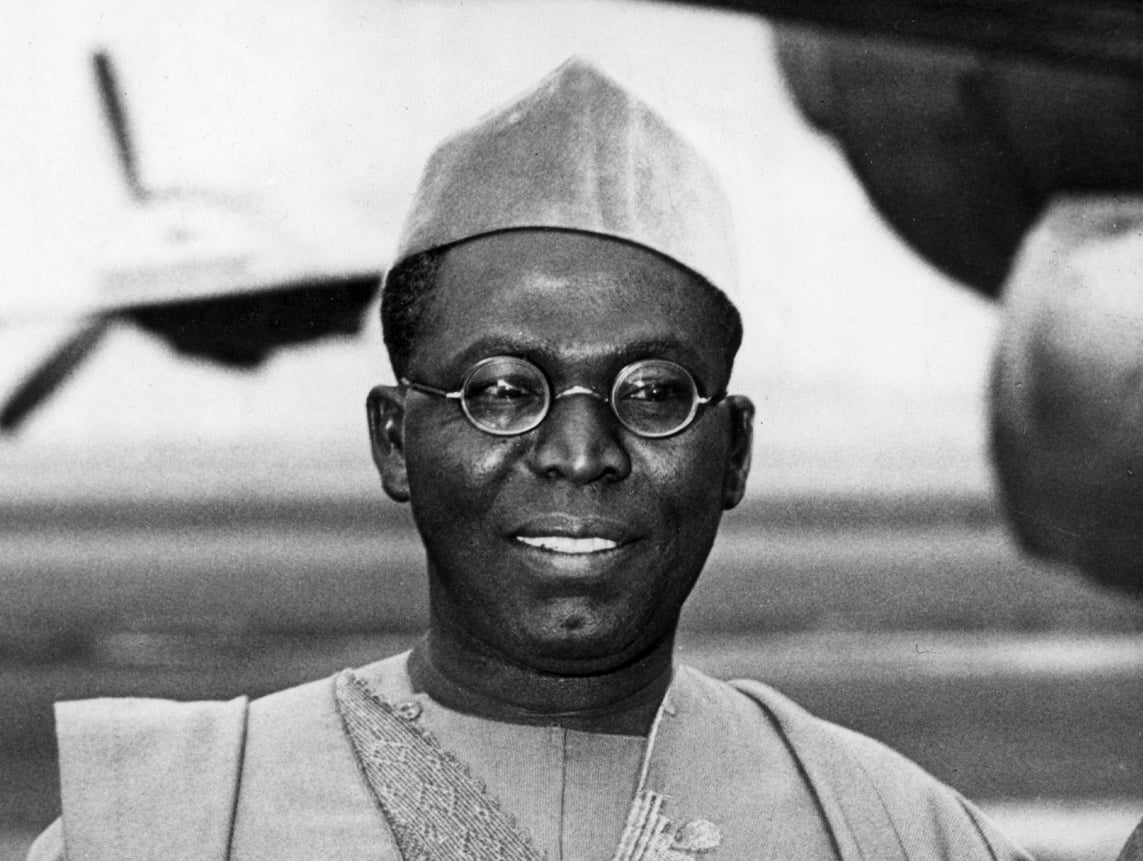One great lesson learnt among many others at the end of 21 days of unlimited presentation of Nigerian and African arts and crafts, is the desire to create and sustain knowledge based and awareness platforms that could afford Nigerians and foreigners the needed opportunities to learn more about the rich gifts of tangible and intangible culture products that abound in Nigeria.
There is no doubt that Nigeria and indeed Africa could provide the world with roadmaps of cultural goldmines and baskets of flora powered ecological pharmacology and trado surgical lessons devoid of voodoo and magic fusions, the missing link however in the competitive world of new ideas on cultural diplomacy and marketing is the absence of a trusted and reliable cultural calendar and foot soldiers as culture evangelists.
Herein the culture gap filling and just concluded AFAC exposition finds meaning to many people, Nigerians and non Nigerians who thronged the opening and closing ceremonies to behold the strategic unveiling of Nigeria’s hidden cultural products and its numerous job creating windows and life-line generational benefits.
From the quite corner where I stood to observe the closing proceedings of this African one – shop culture market, I wondered if the locust like traffic invasion of the venue by the young and not very young visitors could really comprehend the message behind the successful outing of this culture tourism event.
Advertisement
A day earlier, I had moved from one exhibition boot to another to engage exhibitors and sample their products, some I could understand, yet some so strange and unbelievable in originality and concept, opening up vistas of surrealistic voyage and time desire to help break the chains of slavery and ignorance visited on the sector by visionless drivers of our national economy.
Significantly and cheering, Segun Runsewe, the man who successfully, conducted deliverance on our moribund tourism economy many years ago, is now on the saddle with axe and saw to break the chains that had satanically tied down our cultural products, librated the impoverished practitioners and provided a refreshing air of economic and social freedom.
So what did Nigerians and her visitors come to see at AFAC, a wailing priest on magical evil altar, spitting strange fire and conjuring demons to break down trees or a new messenger of developmental economy presenting evidence of culture products from each state in Nigeria that could financially empower the people and lift rural economies into key drivers of employment?
Advertisement
Maybe we need confront script writers and producers of Nollywood films to evidence AFAC expo into a concept to challenge and change the often limited and narrow narratives of Nigeria’s way of life and possibly of the black continent into a refreshing conversation.
Runsewe’s AFAC expo is now the face of Nigerian cum African cultural tourism economic liberation, in content and context, providing the needed platform for financial influencers to mingle with creative pool house of intelligent Nigerians long left to despair amidst plenty gifts in pottery, fashion, paintings, sculpture, nature based curatives and gastronomic blue lines that could reposition the image of Nigeria as a desirable tourism destination.
Runsewe’s closing remarks on Nigeria’s unity championed through innumerable cultural windows of a nation of about 200 million people certainly must challenge our governors to embrace culture as a vehicle to enthrone one local government, one culture product branding to build a lasting legacy of cultural development and identification strong enough to power rural development and keep many people out troubles way.
From perfumery to crafts, cloth weaving, beads making and other creative possibilities, AFAC has become a breeding ground for other government agencies in charge of other tourism and culture development indices to fish for local tools and manpower not only to create jobs but also to patent Nigerian cultural technology.
Advertisement
Again, where do we go from here? Next year, AFAC will be rebranded to an International Arts and Crafts Expo (INAC) to add global flavor and give non African countries a platform to compare trends and share experiences. It hopefully will bridge the absence of a major verifiable culture and tourism event linked to Nigeria in the global tourism calendar and World Craft Council activities.
Runsewe’s dream to transform the present Arts and Craft village in Abuja into a super structure of international standard will help Nigeria to bid for the hosting of global cultural and tourism events, a sure but collaborative process to help advance Nigeria’s quest as Africa’s most desired tourism outpost.
To draw curtains on this piece, it very remarkable to see AFAC trending on special windows dedicated to states and other Africa countries to showcase their unique dances and foodie expression. I saw Kogi, Taraba, Nassarawa and Taraba states cultural troupes and wonders at the poor attention paid to creative arts by most state governors.
Though there are signs beyond the conclave of creative industry talk shows that practical engagements such as AFAC will propel new borders of reality, we cannot but advice that President Buhari should call for the tapes of AFAC proceedings for past 21 days to help channel and articulate government funding mechanism into arts and culture industry.
Advertisement
On local pharmacology, a chance encounter with pharmacist Ben Amodu who is also a lawyer broke the barriers of ignorance on the powers of our local herb curative products which drives medical tourism traffic in Asian countries but the Nigerian experience rubbed in the mud in the international cultural market place and to which AFAC under Runsewe has decided to repackage as people’s economic window.
Advertisement
Views expressed by contributors are strictly personal and not of TheCable.
Add a comment
